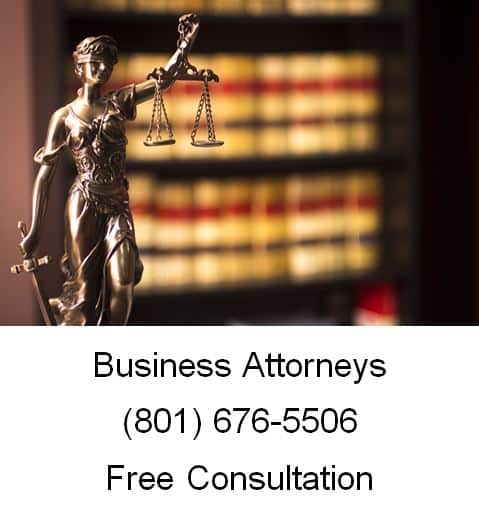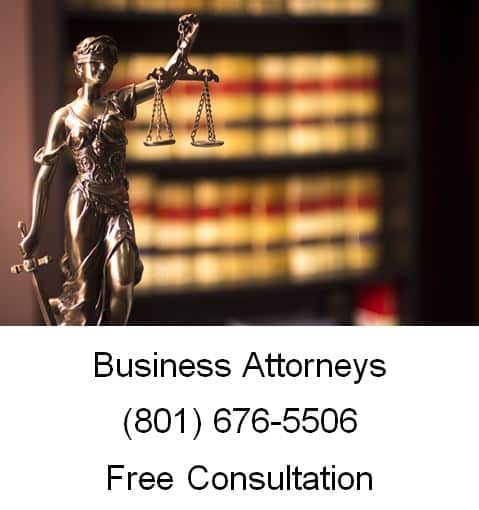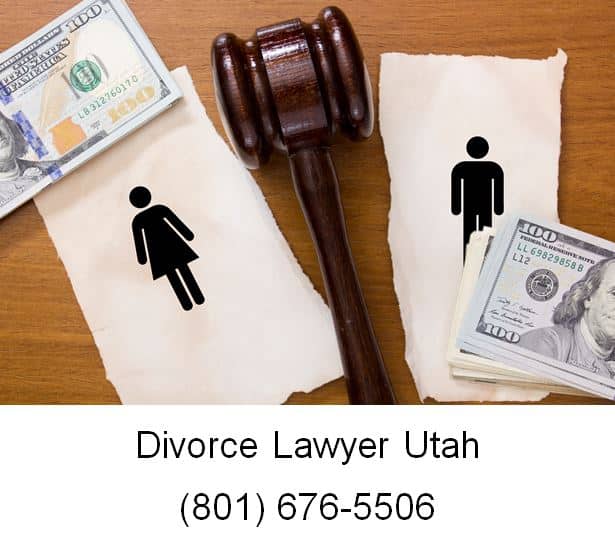When you closed your business and paid your creditors, you thought, “that’s the end of that,” and moved on to other endeavors. Well, maybe not. If you have products out there that can cause injuries, among other potential liabilities, you could be involved in a lawsuit long after you have closed your doors.
It’s always a good idea to work with a lawyer when closing down your business (although sole proprietorships are much easier to shutter), which can help you avoid post-dissolution lawsuits in the first place. Here are some things you may want to consider about post-dissolution lawsuits:
You will probably not be able to handle a lawsuit without the assistance of an attorney. When you receive a Complaint or another type of legal document that indicates that you are being sued, do not contact the plaintiff or the plaintiff’s attorney — contact your own attorney. If an injured person or the person’s attorney contacts you directly, you should listen and takes notes. Do not admit fault. Do not explain changes that were made to the product. Do not make promises. Do not detail the current status of your business. Your best strategy will be to take the person’s name, contact information, and the nature of the claim and inform them that your attorney will contact them.
Exactly follow the dissolution notification procedures set forth in your state statutes. In many states, if you notify creditors and the public, you will be able to limit the amount of time in which a person who is later injured may bring suit. If you do not follow notification statutes, the time in which a person can bring a suit against you will last much longer. For example, your state may have a law that says, as long as you follow notification procedures, you can only be sued for three years following your dissolution.
After your business has closed, keep your corporate records in order. Most states have laws that deal with disposing of claims against a dissolving or dissolved business. In most cases, even after the business is dissolved, it will continue to exist for the purposes of settling claims.
Determine the statutory time limitations for bringing a suit against your business.
If you were involved in a business that manufactured products that may cause future injuries, consider reserving a portion of your liquidation distribution for the time period during which a person can bring suit. If you were incorporated, the claimant will only be able to recover what you received in distributions. This is also an issue that you might want to consider when purchasing commercial liability insurance.
If you followed the notification statutes and the time periods for bringing suit against you have expired, your attorney should be able to get the suit dismissed.
Your state may have a statute that allows you to reject the claim and force the claimant to take further action. In this case, if within a certain time period the claimant doesn’t take further action after his or her claims is rejected, the claim will not be allowed and your attorney should be able to get the suit dismissed.
If you have sold your operating assets to another business or individual before you dissolved, they may be liable to the injured party instead of you.
Your commercial liability insurance might cover the costs associated with the lawsuit. Check your policy and contact your agent.
If there is no relief available, and it looks like you are going to lose your distribution in a lawsuit, determine whether it is really worthwhile to battle it out in court. In many instances of clear corporate liability, a settlement will be less costly. Taking a case to court will dramatically increase legal fees and will probably require your personal involvement.
Business Lawyer Free Consultation
If you are here, you probably have a business law issue you need help with. If you need legal help call Ascent Law for your free business law consultation (801) 676-5506. We want to help you.
8833 S. Redwood Road, Suite C
West Jordan, Utah
84088 United States
Telephone: (801) 676-5506
Recent Posts
Effects of Divorce on Children
Sometimes Justice Can Be Hard to Reach
from Michael Anderson https://www.ascentlawfirm.com/can-you-be-sued-after-your-business-closes/









